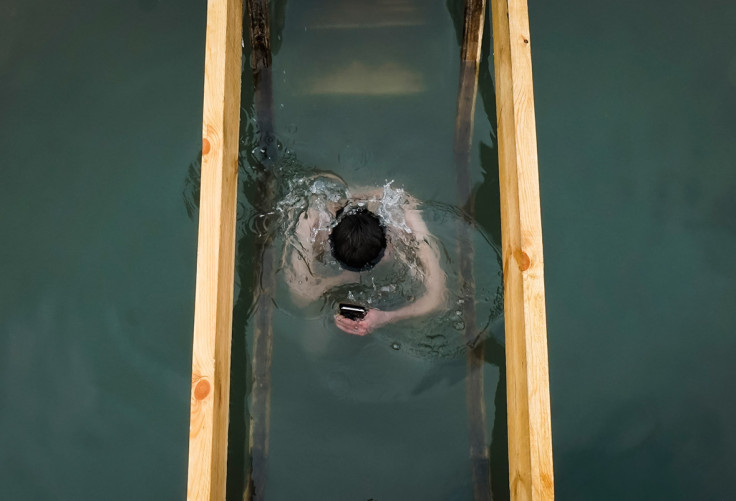What is the Epiphany? Why some Christians are still celebrating the festive season
Customs involve immersing yourself in freezing cold water.
Christmas is well and truly over for most of us, and many have turned our attention from festive celebrations to going back to work.
But people around the world are still celebrating the holidays, with the Epiphany – a date in the Christian calendar otherwise known as Three Kings Day, or the Twelfth Day – celebrated today (6 January 2017).
The holiday falls on the 12th day after Christmas, marking the end of the festive seasons.
Various Christian denominations practice different customs, but the Feast of the Epiphany is believed to mark the baptism of Jesus by John the Baptist, as well as the visit by the three wise men – hence the name Three Kings Day.
The six Sundays following the Epiphany as known by Christians as the time of manifestation, the Greek meaning of the word "epiphany".
When is it and why?
During the medieval period, Christmas was celebrated for 12 days from 24 December, or Christmas Eve, until 6 January. This date was widely celebrated as Christmas Day until the 19th century.

In modern times, the Catholic Church observes the Epiphany as a single day, but many Protestant churches mark it from 6 January until Ash Wednesday, which this year falls on 1 March. Orthodox Christians celebrate the Epiphany on 19 January.
How is it celebrated?
The Epiphany is marked in different ways around the world. Colourful parades are organised in spain, the oldest of which has been held in Alcoy, Alicante since 1885. Sweet wine, fruit, and sweets are left out for the kings and until recently, children received presents on the Epiphany, rather than on Christmas.
Water plays a major part of the celebrations in some countries. In Russia, the Epiphany marks the baptism of Jesus in the Orthodox Church, so the Russian Church conducts the rite of the Great Blessing of the Waters, also known as 'the Great Sanctification of the Water' on that day or the evening before.
In Bulgaria, one custom involves a priest throwing a wooden cross into a body of water and young men racing to retrieve it – which is considered an honourable act when the waters are close to freezing. In the central town of Kalofer, a traditional dance called a horo is carried out in the freezing waters of the Tunddzha river, before the cross is thrown.
© Copyright IBTimes 2025. All rights reserved.





















